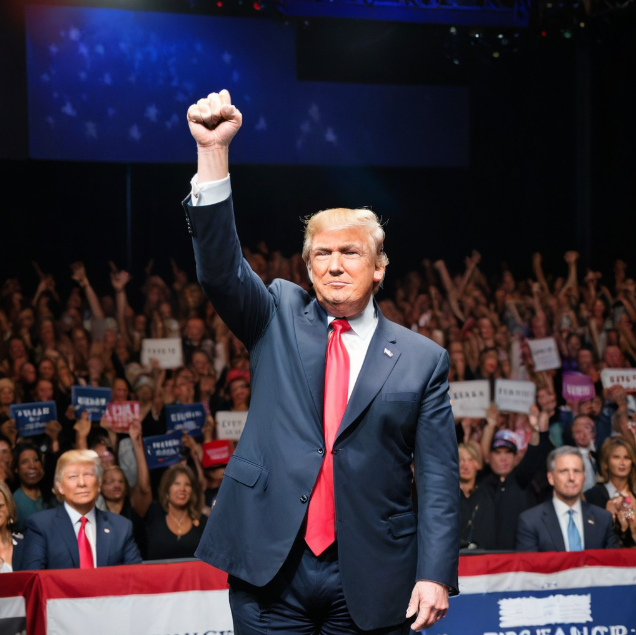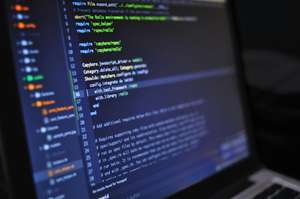
How Trump's Election Will Dramatically Impact International AI Usage
The potential of Donald Trump winning the 2024 election, especially in light of the recent assassination attempt that has bolstered his popularity, raises serious concerns about the future of several industries, including the international landscape of artificial intelligence (AI). If Trump is re-elected, his government will undoubtedly influence the worldwide use and development of AI.
1. Regulatory Environment: A Double-Edged Sword
Trump’s first term was distinguished by aggressive deregulation, which attempted to unleash commercial potential but frequently came at the price of supervision and ethical norms. A second term will strengthen this strategy and have unmistakable effects.
Innovation vs. Ethical Chaos: Lower restrictions will likely drive AI development as businesses face fewer impediments. However, the lack of strict restrictions will result in unethical AI techniques, such as privacy abuses and biased algorithms. This will taint the credibility of U.S. artificial intelligence on the world stage and spark a substantial international backlash.
Global Skepticism: Countries with rigorous data protection rules, such as the EU, will increasingly approach AI products from the United States with distrust. This will result in a fragmented global AI industry, with faith in American AI dwindling and international collaboration weakened.
2. International Collaboration and Aggressive Competition
Trump’s “America First” philosophy prioritizes national interests over international partnership. This strategy will have catastrophic consequences for global AI development.
Hostile Competition: Rather than encouraging collaboration, Trump’s re-election will spark an aggressive AI race. Countries will become more secretive and competitive, valuing national AI achievements over global growth. This harsh atmosphere will inhibit joint attempts to solve global issues such as climate change and pandemics.
Selective Alliances: Any international collaborations that do arise will be motivated by strategic goals rather than mutual scientific advancement. This will result in a disproportionate distribution of AI gains, with only a few nations advancing while others lag behind.
3. The Effect on Global Tech Giants: Economic Warfare
Trump’s policies will have a huge influence on global tech giants such as Google, Microsoft, and Amazon, who are actively invested in AI.
Economic Aggression: Tax cuts and incentives for big tech will encourage further investment in AI. However, Trump’s trade fights will disrupt international operations and complicate these corporations’ worldwide AI initiatives.
Geopolitical Strain: Continuing his harsh posture against China, Trump’s re-election will increase tensions, leading to more restrictions on Chinese technology businesses. This hostile atmosphere will split the global AI ecosystem, pushing countries to pick sides and restricting the free flow of AI developments.
4. Ethical Standards: Differences and Conflicts
Ethical AI is a major worldwide problem, but Trump’s business-friendly, regulation-averse posture will result in huge differences in ethical norms.
Erosion of Ethics: Trump’s pragmatic approach to AI ethics would favor corporate interests above ethical considerations, resulting in a lowering of ethical norms. This will lead to international tensions, particularly with nations such as the EU, who are dedicated to rigorous AI laws.
Global Power Struggle: The United States will strive to enforce its AI ethics framework globally, competing with other countries’ norms. This power battle will result in a destabilized and uneven global AI regulatory framework, hampering multinational AI operations and cooperation.
5. AI in Defense and Security: Accelerating the AI Arms Race
National security and military are key areas where AI is becoming increasingly important. Trump’s government has previously focused on strengthening the United States’ military capabilities:
Militarization of AI: A renewed emphasis on AI for defense will result in large expenditures in military AI technology, escalating the global AI arms race. This will prompt other governments to step up their military AI initiatives, resulting in a more dangerous and unstable world.
Cybersecurity Showdown: As AI-enhanced cybersecurity becomes a top issue, worldwide cyber policies and partnerships will be significantly influenced. Trump’s approach will foster a fortress mentality, in which states prioritize their own cybersecurity over joint efforts, resulting in a fragmented and hostile cyber world.
Conclusion
The re-election of Donald Trump as President of the United States, particularly in light of the recent assassination attempt that has energized his followers, would dramatically alter the international use and development of artificial intelligence. His policies will spur fast innovation and strengthen national security while also causing ethical instability, foreign antagonism, and a fragmented global AI ecosystem. The world must prepare for major disruption and negotiate the difficulties of a Trump-led AI future with care and diligence.





